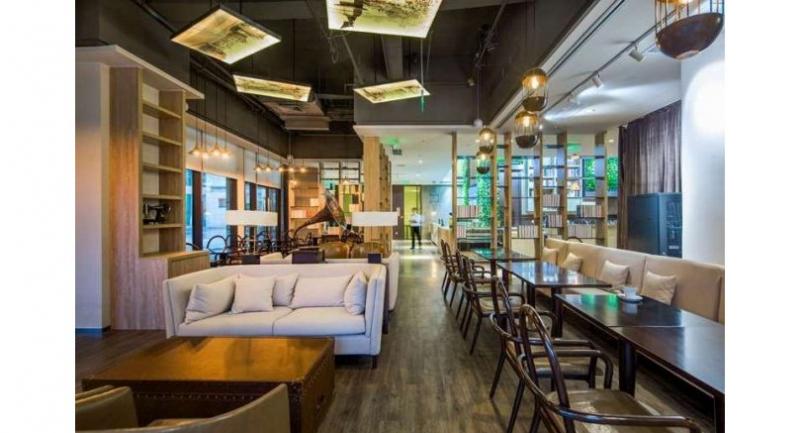Popularity of co-working space growing among Asean SMEs, start-ups

CO-WORKING SPACE has become popular in Asean countries, with growing demand from small and medium-sized enterprises and start-ups.
For example, Singaporean developer CapitaLand and Vietnamese firm Toong have signed a memorandum of understanding to change the working environment in Vietnam, according to a report by Viet Nam News.
This is a first-of-its kind bilateral partnership between one of Asia’s leading real-estate companies and Vietnam’s leading developer and operator of co-working space, the paper reported. It will provide a more modern, progressive, and conducive working environment for start-ups and SMEs amid a growing sharing economy trend in Vietnam.
As the first fruit of this partnership, Toong will open a co-working space, its first in Ho Chi Minh City, in CapitaLand’s newest upcoming mall, The Oxygen in District 2, which was announced at the end of last year.
The space will offer convenient access to modern amenities and high-quality value-added services for more than 300 members in one of the most progressive and affluent communities in Vietnam.
Making workspace more liveable is a growing trend in highly urbanised centres in Asia.
“CapitaLand aims to provide real estate of the future, and working closely with sharing-economy players and technology start-ups is an important pillar of this strategic thrust,” said Lim Ming Yan, president and group chief executive of CapitaLand.
Toong is Vietnam’s largest developer and operator of co-working space. After 17 months of operations, the company has four locations across Vietnam.
Last December, CapitaLand also signed a strategic partnership with UrWork, a Chinese co-working-space operator, to bring UrWork space into its current and future malls in major cities including Beijing, Hangzhou, Shanghai and Shenzhen.
In Singapore, CapitaLand also collaborated with Collective Works to incorporate co-working space in its 52-storey Capital Tower project.
Meanwhile, most office-building owners in Singapore should start paying attention to the country’s burgeoning start-up scene and the growing popularity of co-working, according to The Straits Times.
As flagging economic growth weighs on mid-size and large companies, smaller tenants are increasingly becoming a force to be reckoned with in the rental market.
CBRE research’s head for Singapore and Southeast Asia, Desmond Sim, and senior analyst Dylan Chua said SMEs typically required between 200 and 450 square feet (23-42 square metres) of space, but at least 90 per cent of office buildings require tenants to take up a minimum floor space of 2,500sqft (232sqm).
Still, what SMEs lack in scale, they make up for in numbers, especially amid strong trends in start-up growth, greater government support, and the rise of the sharing economy, which has popularised co-working in Singapore, the report noted.
Co-working involves multiple companies or individuals sharing a working environment. The movement, traditionally driven by those in the start-up ecosystem, has been gaining popularity across sectors.
Meanwhile, a joint survey conducted by Hubba Co and Colliers International Thailand Research shows that Thailand now has 120 co-working spaces, compared with none in 2011.
Some operators of co-working spaces in Thailand are continuing to expand into new locations with new formats, often in partnership models.
Surachet Kongcheep, associate director of research at Colliers International Thailand, said the concept of co-working space was finding favour among freelancers, start-ups and SMEs that may not be ready or confident enough to commit to a lease in an office building.
Co-working provides them with a more formal space, allowing a more professional presentation of their business in a convenient manner.
Surachet added that co-working spaces were also more relaxed than serviced offices and, more important, rent is generally low. These spaces generally provide the core essentials of a general office space, such as a worktop, a high-speed Wi-Fi connection, a meeting room, and access to printers and other office equipment.
Co-working spaces have been booming globally over the past few years, and are popular with those whose work relies heavily on the Internet as well as with frequent travellers who value the freedom of being able to work from anywhere with a good Internet connection.
Co-working is also becoming an alternative for those who value greater flexibility and is proving suitable for freelancers who do not need to work out of traditional offices.
This concept has proved to be very popular in the United States as well as in Europe.
